What is carbon monoxide?
Carbon monoxide is a poisonous gas.
monoxide is a poisonous gas.
It is known as the Silent Killer as you can’t see it, taste it or smell it.
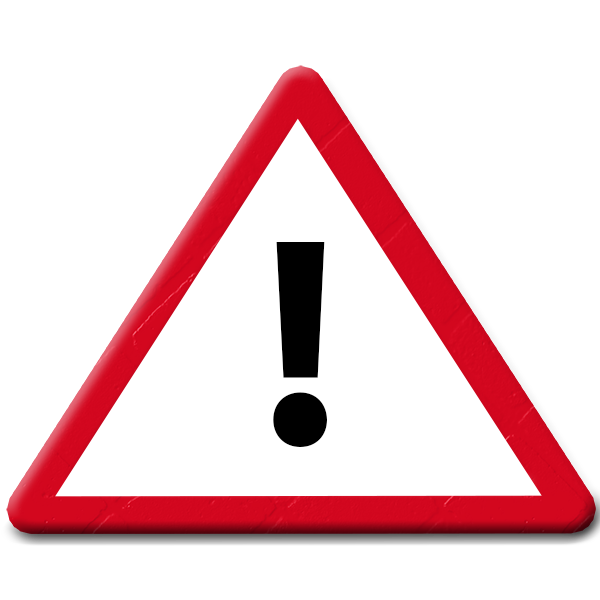
Carbon monoxide is produced when fuel doesn’t burn properly.
This might happen if things like boilers, fires or cookers aren’t fitted properly or if there isn’t enough air in a room.

Carbon monoxide can be produced from a gas boiler, gas cooker or gas fire.

It can also be produced by burning wood, oil or coal.
Cookers or heaters that only use electricity cannot produce carbon monoxide.
Spotting the signs of carbon monoxide
How might you feel?
 At low levels of carbon monoxide, you may get headaches or feel sick or dizzy when you use your heating, a fire or cooker.
At low levels of carbon monoxide, you may get headaches or feel sick or dizzy when you use your heating, a fire or cooker.
You may then feel better when you go out but worse again when you return home.
Other people in your house may feel the same.
 At higher levels of carbon monoxide, you may lose your balance or may even pass out.
At higher levels of carbon monoxide, you may lose your balance or may even pass out.
What might you see?
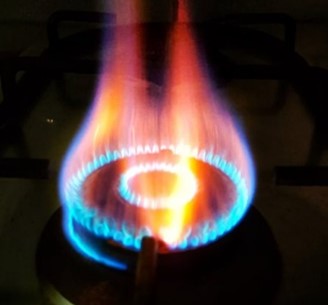
You might also notice things in your house, such as:
The flames on your cooker burn yellow/ orange instead of blue.
Sooty stains around a fire.
You get increased condensation on windows.
What can you do to stay safe?
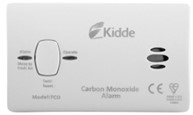 Get a carbon monoxide alarm
Get a carbon monoxide alarm
One of the best things you can do is to have a carbon monoxide alarm.
If you rent your house and heat by gas, wood or oil it is the law that your landlord must provide you with a carbon monoxide alarm.
 If you own your house, then you should buy an alarm, they cost around £15 - £20.
If you own your house, then you should buy an alarm, they cost around £15 - £20.
You can buy them from places like Amazon, Argos or supermarkets.
Check that it has the British Standard number EN 50291 written on the box or on the website page. This means that the alarm has gone through lots of checks to make sure that it will work properly.
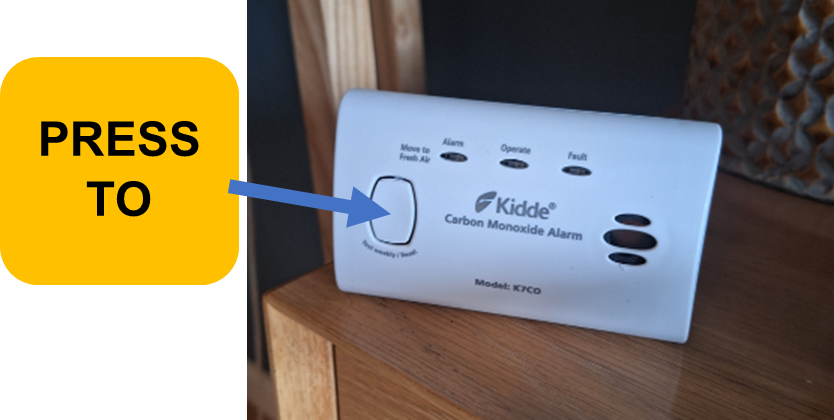 Your alarm should be fitted at head height (on a wall or shelf), around 2 metres away from a possible source of carbon monoxide such as a fire or boiler.
Your alarm should be fitted at head height (on a wall or shelf), around 2 metres away from a possible source of carbon monoxide such as a fire or boiler.
It is a good idea to test the alarm once a month and keep an eye on the expiry date as they only last between 7 and 10 years.
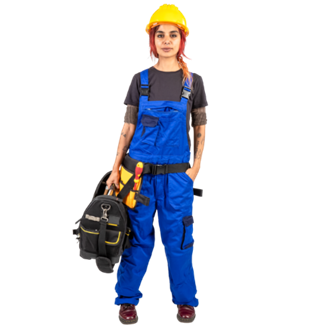
Another good way to stay safe is to make sure everything is working properly.
You can do this by having your appliances checked every year by a registered engineer – your landlord should organise this if you rent your house.
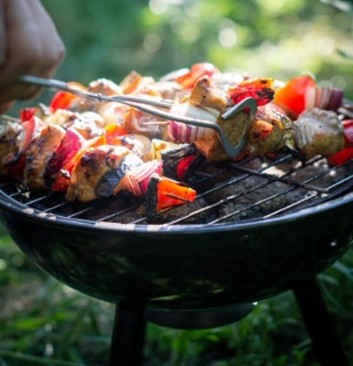 Other actions you can take are:
Other actions you can take are:
Only use BBQs outside – don’t bring them inside your house.
If you have a chimney, get it swept every year before using the fireplace.
Don’t use your cooker for heating – it shouldn’t be left on for long periods of time.
Don’t block up air vents near fireplaces.
What should you do if your alarm goes off?
 Turn off gas appliances immediately.
Turn off gas appliances immediately.
Open doors & windows.
Get everyone to leave the property.
Call the National Gas Emergency Service on 0800 111 999.
If you are feeling ill, see your doctor as soon as possible or go to the hospital.
Don’t go back into the house until all your appliances have been checked and made safe by a registered engineer.
This information has been produced by Yorkshire Energy Doctor CIC in partnership with KeyRing and Open Arms (Selby). A special thanks to the Selby Self Advocates group for helping with the content and photos and providing feedback on earlier versions.
For further information contact Kate at Yorkshire Energy Doctor CIC. Ring 01757 249100 or email kate@yorkshireenergydoctor.org.uk

